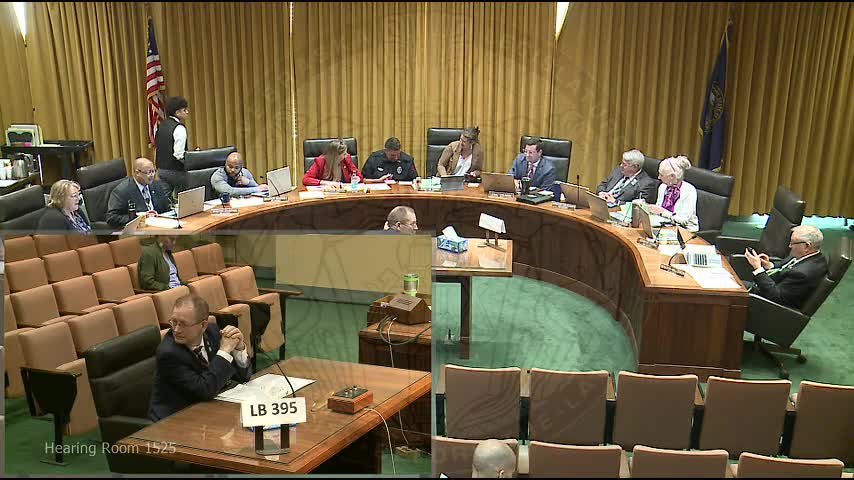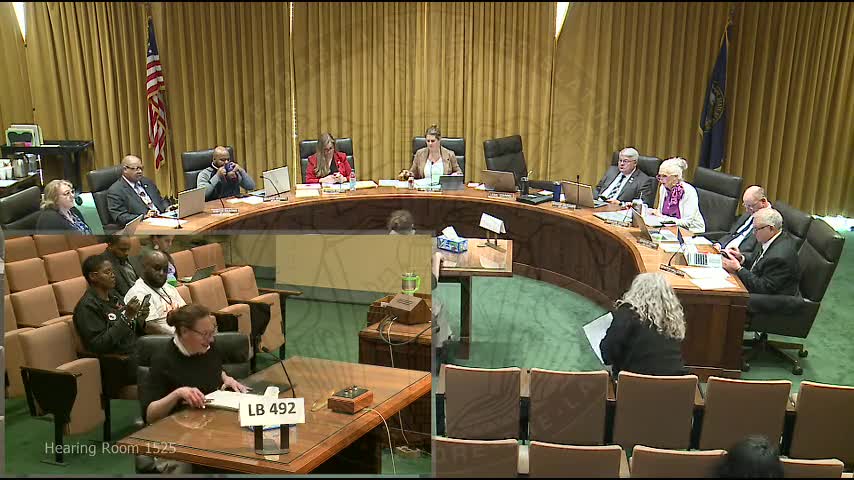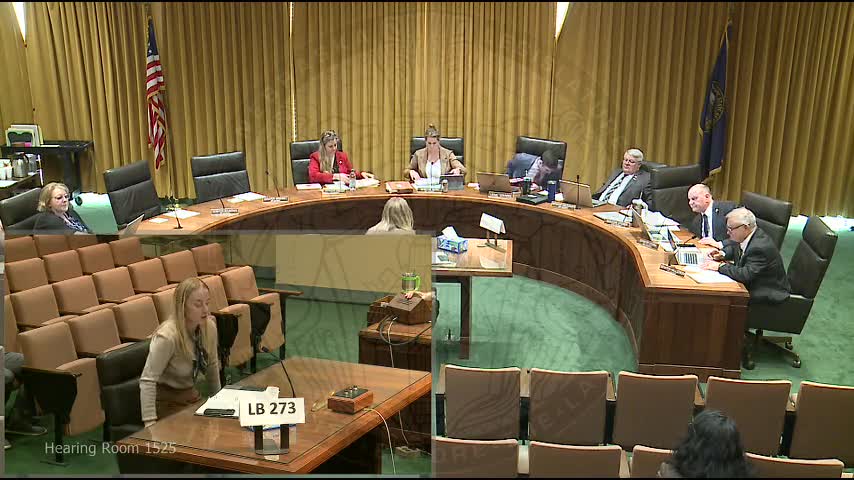Article not found
This article is no longer available. But don't worry—we've gathered other articles that discuss the same topic.

Bill would let law enforcement review sealed juvenile records to enforce firearm prohibitions for under‑25s, sponsors say

Sen. Danielle Conrad seeks to narrow truancy rules, add defenses and accountability for school interventions

